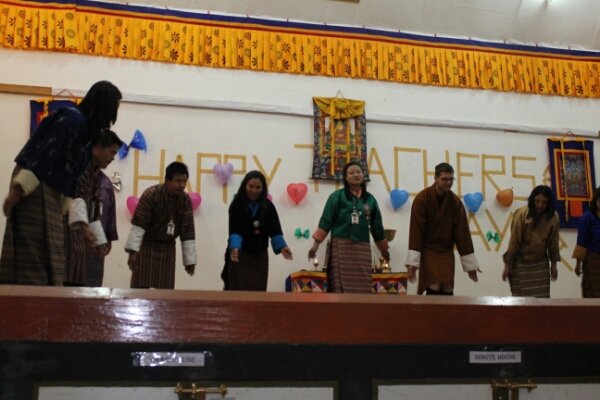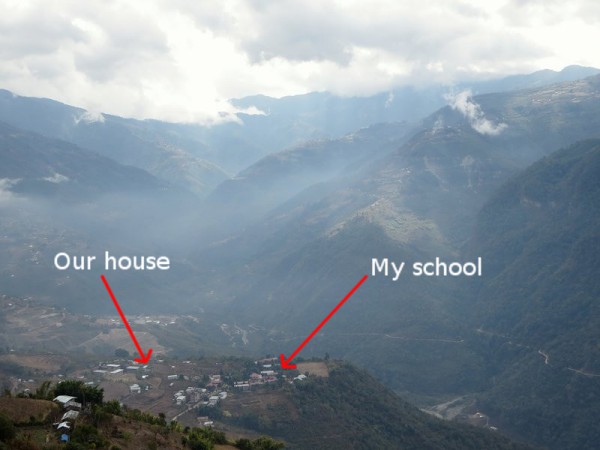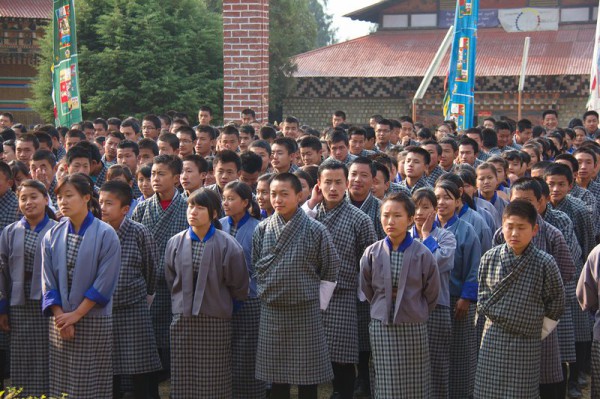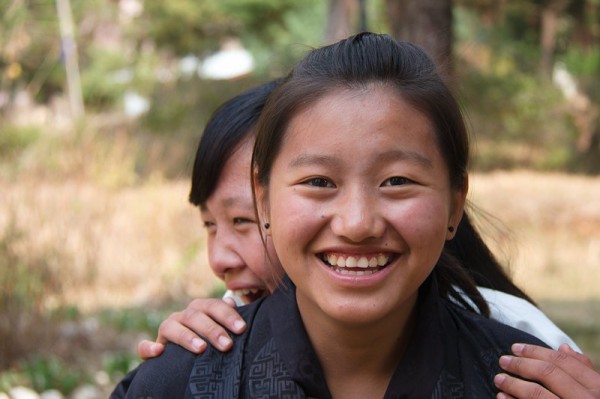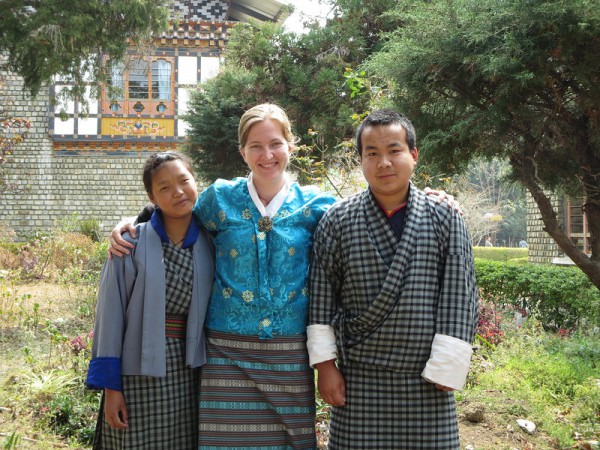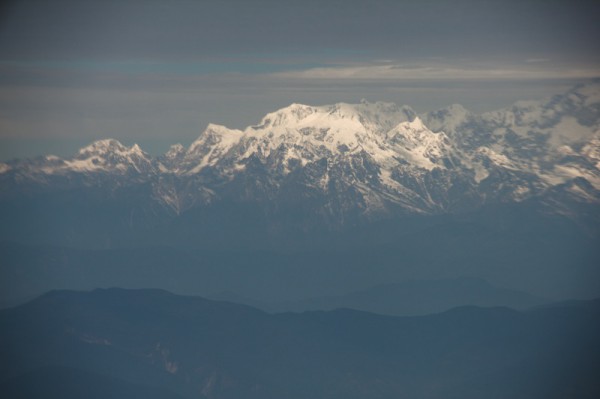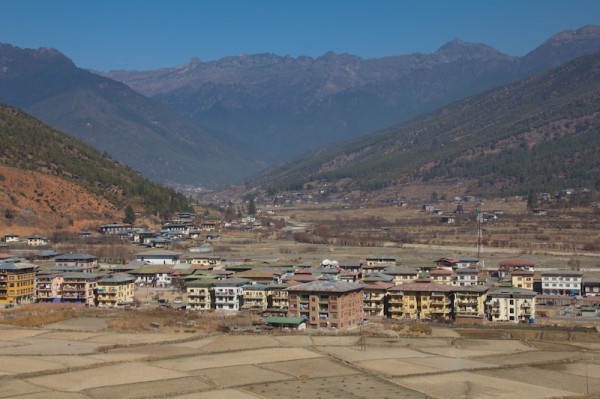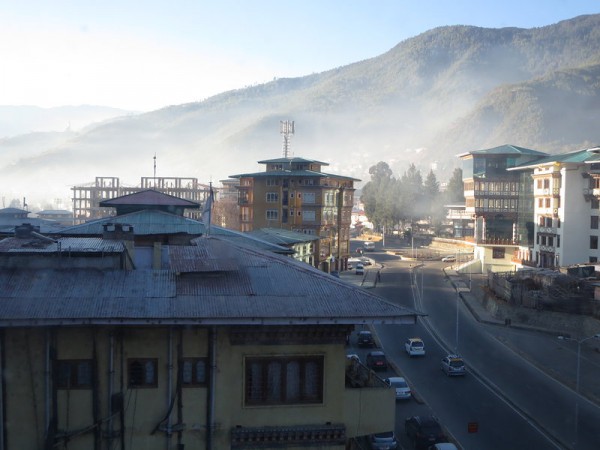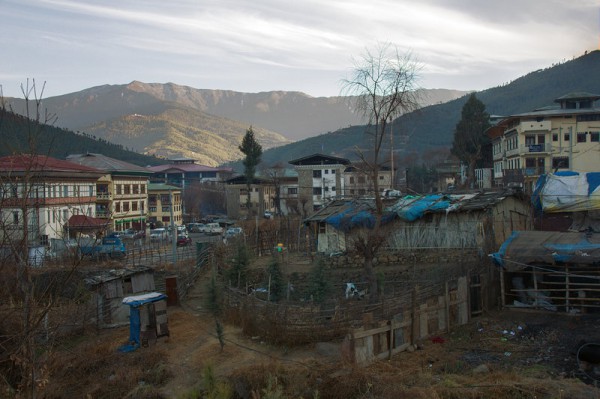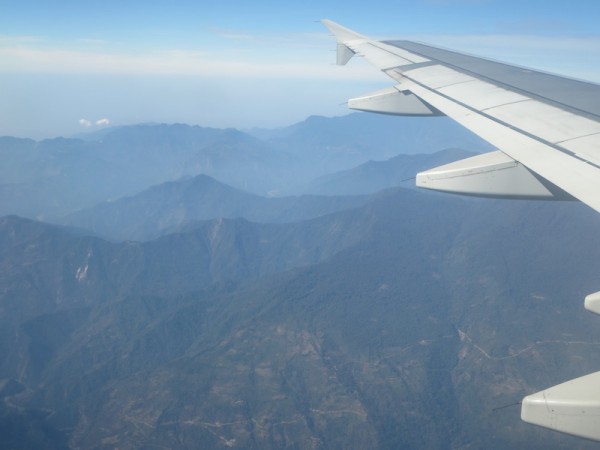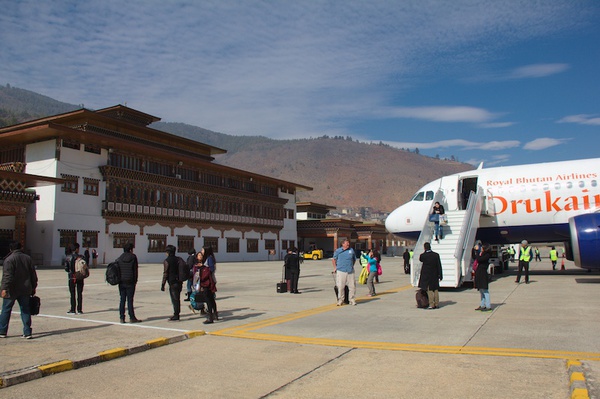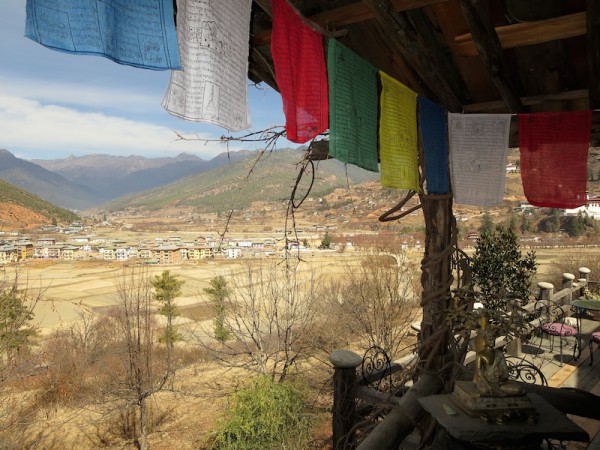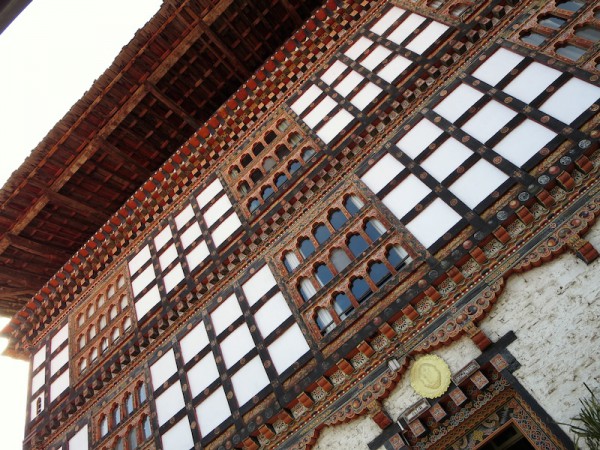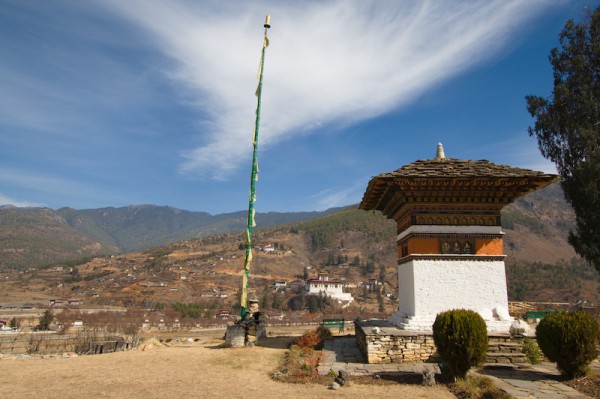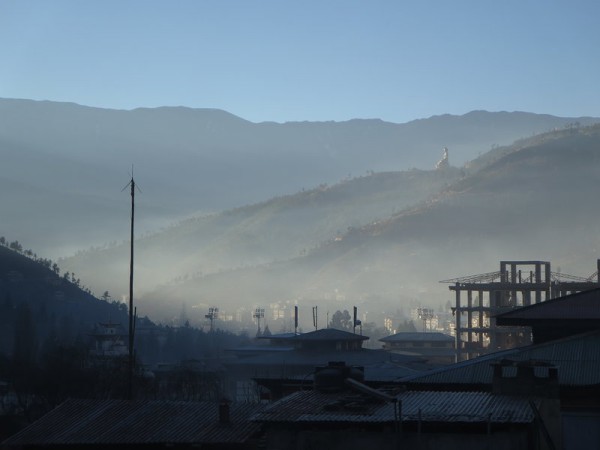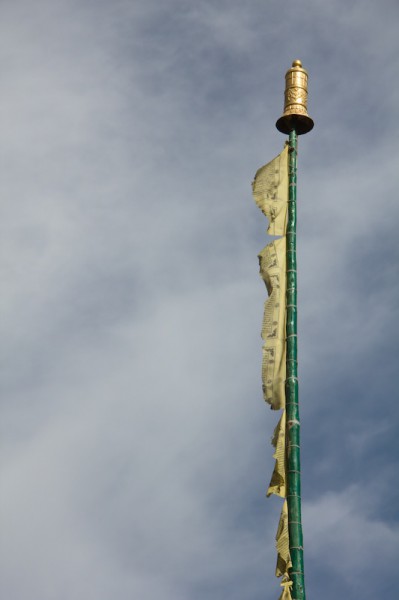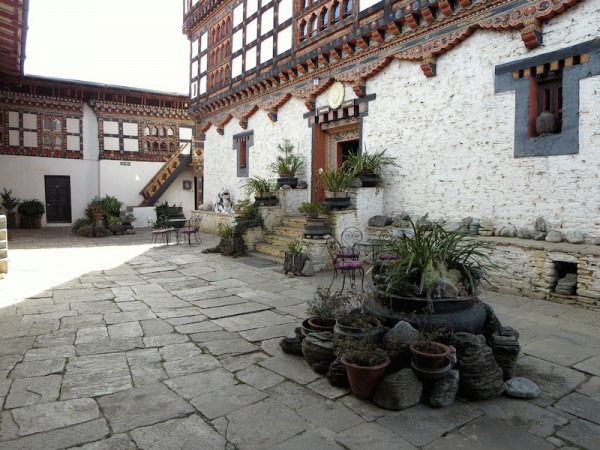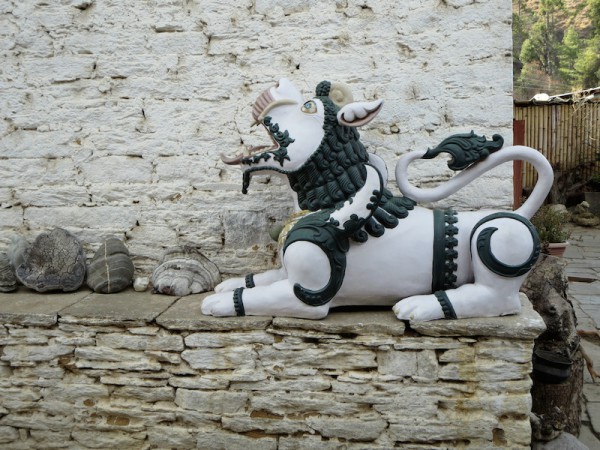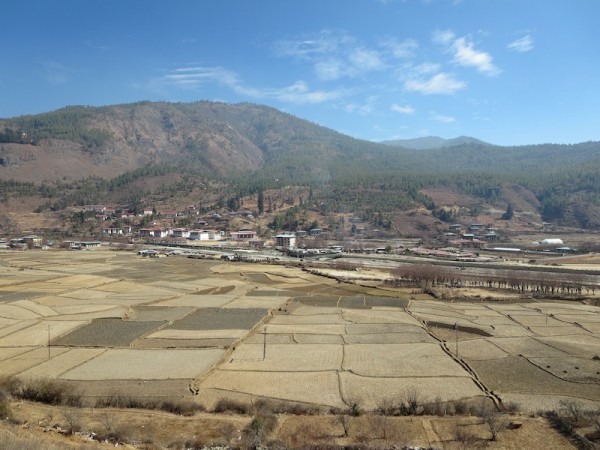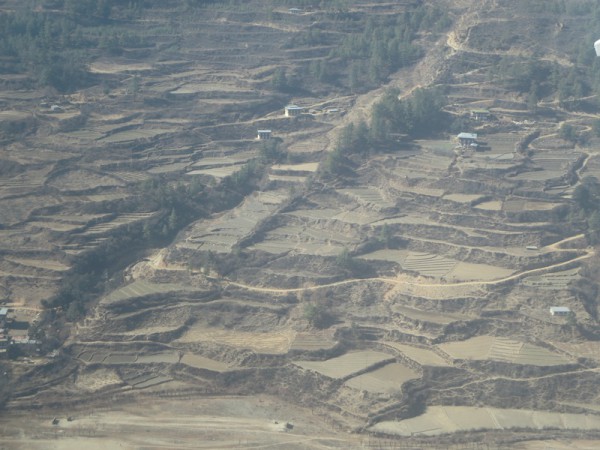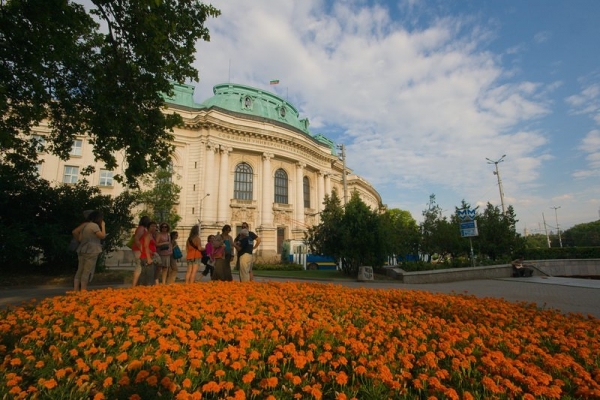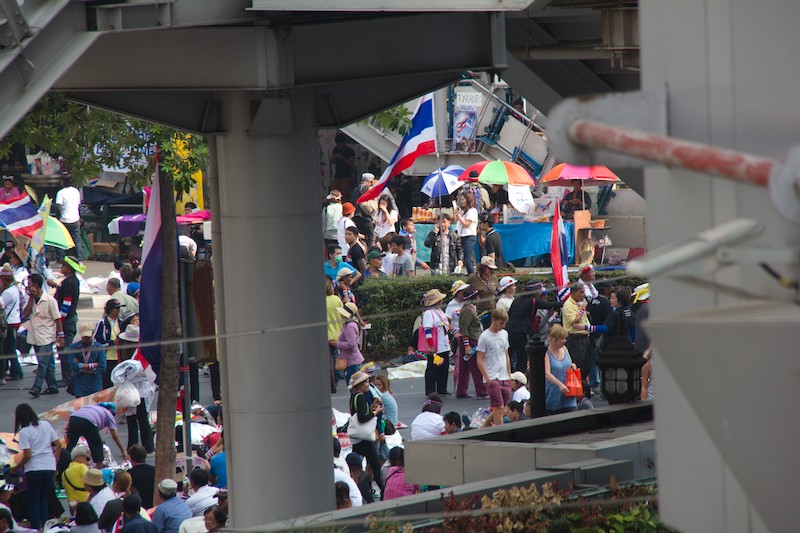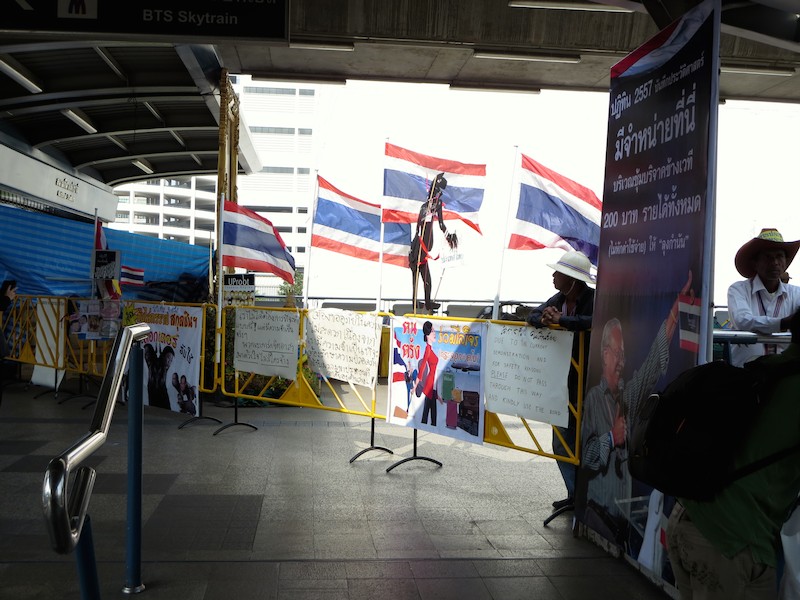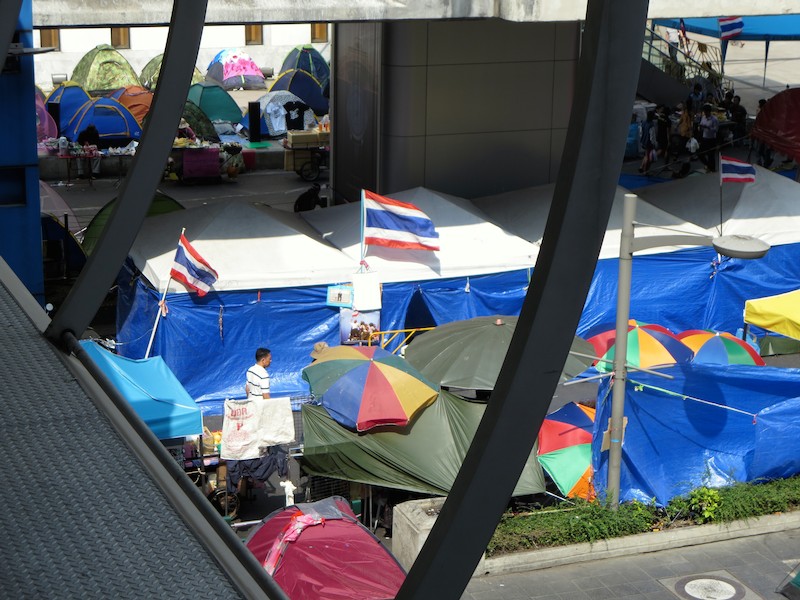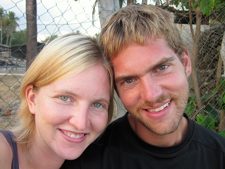The word electronics can roughly be translated into the Bhutanese language of Sharshopka as either ‘pohk pah’ – meaning broken – or ‘poht baela’ – meaning will break easily.
Meet our latest casualty, the one month old 1100 watt purple hairdryer. As you can expect, it follows a long tradition of electronics that have met their demise at our house in Bhutan over the past year and a half. The list is long, including electric heaters, kettles, fans, portable hard-drives, projectors, cameras, computers and printers. The ways in which these electronics have met their demise is equally diverse including corrosion, mould, ants, drops, shorts and lightning strikes.
Our poor, late hairdryer was afflicted with a condition most commonly known as ‘tempting the fates’. Oh, it all played out exactly as you’re thinking it did. Actually, it makes me wonder why I’m bothering to write this, as what follows is truly going to be the most predictable and thus the least entertaining thing I’ve ever committed to print – digital or otherwise. Still, It’s been more than a year since I’ve written anything, and I need to start somewhere…
It was a hot and humid morning. The birds were chirping peacefully outside, and the night bugs had given up on their nightly attempts to break through the mosquito net that’s draped haphazardly over the bed. My consciousness was slowly shifting between the states of sleep and wakefulness, a process that takes me well over an hour these days – sometimes two. The process had started some time ago with the dozen or so different alarms that Ashley’s cell phone pounded out back-to-back. Ever so subtlety, I recognize the hum of the hairdryer, and it’s rhythmic sound lulls me back towards sleep again. If you know anything about medicine, and this is cause for concern, please tell me. It’s no joke. I really can’t get up in the mornings.
I’m awoken more fully a few minutes later by the sound of Ashley’s voice. I have no idea how long she’s been talking to herself nor what she’s saying, but I’m faintly aware that the hairdryer has stopped. Eventually, my brain catches up to my ears and I realize that she’s not just talking to herself, but to me.
“Sorry, what?” I question.
“I was just saying what a great purchase this hairdryer has been. It’s nice going to work with dry hair in the mornings.” She says this as she preens in front of our small mirror.
“That’s good…, I guess.”
“I’m really happy with this hairdryer, it may be the best thing we’ve ever purchased in Bhutan. It’s lasted almost a month already. Much longer than most things we buy.”
“That’s true,” I agree. “Somehow they only seem to bring up junk from India. It was probably worth spending extra and getting the Thailand model. Maybe it’ll last for ever.”
And that was that. Fate was sealed, and there was nothing to be done about it. Neither one of us had had the forethought to ‘touch wood’. A jinx can be a powerful thing, and as you already know, this morning the purple hairdryer warmed itself for the last time, puffed a bit of smoke, and settled into it’s cold afterlife.
What next?
I suppose that remains to be seen. My first thought was to simply open it up and fix it. This is the land of reincarnation after all, could not I breathe some life back into this simple appliance. Alas, I was beat before I began. There is a single inset screw holding the chassis together. A hex head screw. It’s a little hard to describe the feeling of being beat by a screw whose matching driver should be readily available, but I’ll try anyways.
There are virtually no tools here. At least not in the East of Bhutan where Ashley and I are stationed. Entire houses are built using mud, rocks, and a locally made cross between a knife and a machete called a ‘patung’. After living here for a year and a half, I was finally able to procure my first tool of any kind just a few weeks ago. Not the ‘patung’ I really want, but a $5 set of screwdrivers containing two sizes of Phillips, and two flats. I’ve tried to borrow similar screwdrivers before, but they just don’t exist here. Tools are neither owned nor sold.
The process of acquiring my screwdrivers involved finding someone who was going to the Indian side of the border town, Sandrup Jongkhar, and asking them to go shopping for me. In general, for most shopping trips, I’d have to estimate the cost of what I wanted in advance and send enough money to cover the purchase. If I underestimated, I’d have try again with the next person who headed South. If they couldn’t find it, I’d have to try again next time. If the shop was sold out, next time. Going myself would simplify things greatly, but alas I lack the appropriate visas – both on the Indian and Bhutanese sides.
Another option, that I’ve used when ordering electronic parts, is online shopping. Typical shipping charges begin at about $80CAD, and delivery times range from about 3 weeks to 3 months. Also from experience, not all shipped boxes arrive. This makes ordering online a bit impractical in this case. I know that there are a few Chinese companies that will ship internationally for free, but the long delivery times and probability of not receiving anything at all still exist.
And the problems don’t stop there. If I do manage to open it up, there’s a chance that the damage will not be visibly obvious. Then I’ll need to test it electrically. Inevitably, that will require the use of a multi-meter. So, a second trip to India or another bout of online shopping. Even after receiving a multi-meter, I will only then be able to identify the damaged part. Replacing it will once again require the use of online shopping or convincing an India going friend to do some shopping for me.
By my estimation, a DIY rebirth of this hairdryer will take about 9 months. My parents are probably thinking I should be working on something else that takes 9 months instead.
Okay, I’m being melodramatic. Most likely, I can send the hairdryer itself to India for repairs, where all of the parts and tools will be readily available. I’ll just need to arrange someone to drop it off and someone else to pick it up. In the worst case, we’ll be back in Thimphu this winter, and Ashley can replace it with a new model then. She’s already gone 16 of the last 17 months without dry hair in the mornings, another 5 won’t hurt.
So to sum up, we’re still living in Bhutan; we love it here. Our electronics are breaking at a rapid pace. Everything we need is available locally. Everything else is difficult to get. This includes the aforementioned electronics and tools, but also simple things like eggs, vegetables, cheese and fruit. That’s not to say we are not eating, but to say we have a current selection of cucumber and potatoes from which to choose from. Selection varies throughout the year.
I’ll be the first to say, we’ve done a terrible job of blogging while in Bhutan. Somehow I just lost interest in it. I’d kind of like to pick up the game a bit if anyone is still interested in reading my ramblings, but I don’t know where to start. I also make no promises. Notwithstanding, if you have any burning questions ask in a comment and maybe I’ll drag the response out into a full blown post, or not.

